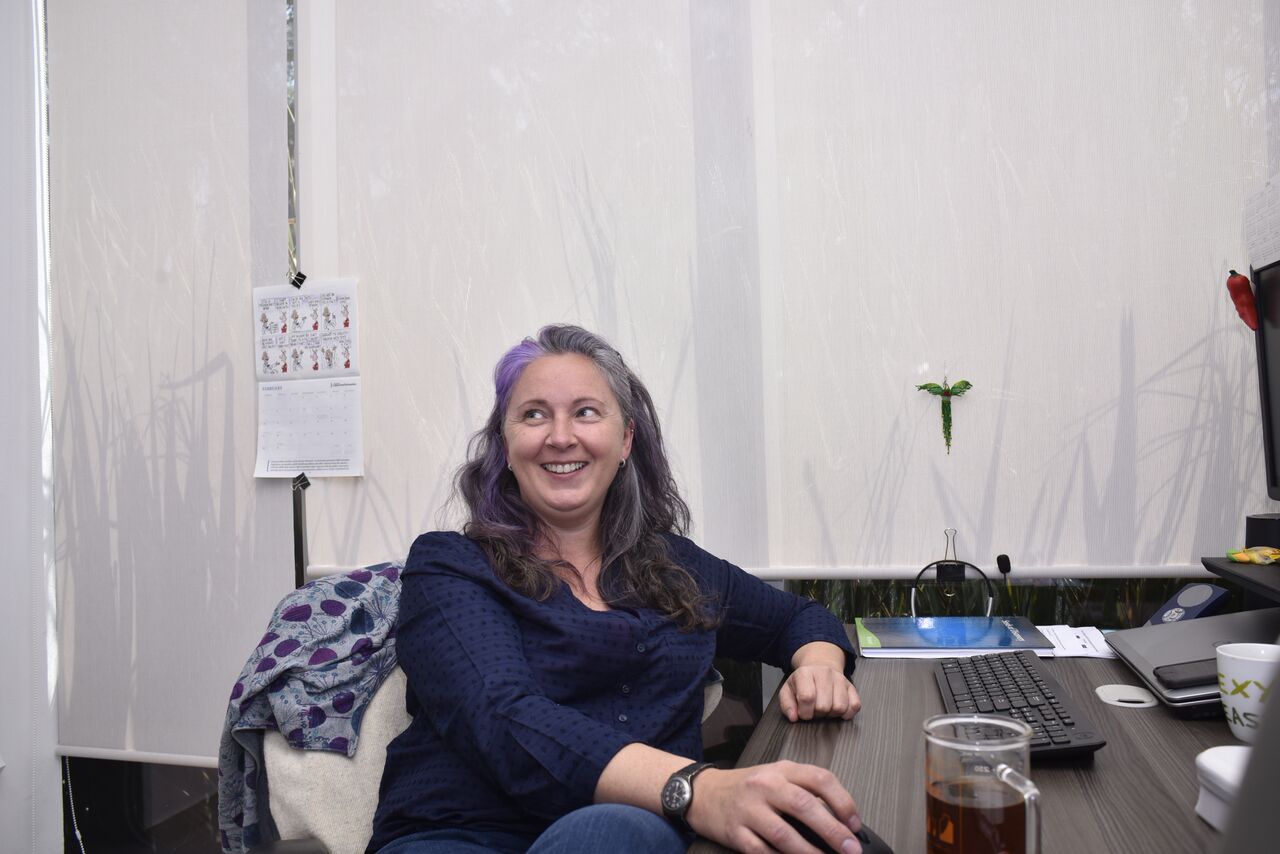
EL BATAN, Mexico (CIMMYT) – Small-scale mechanization is becoming more important on smallholder farms in Nepal as young people, particularly men, migrate away from rural areas in large numbers, leaving women to take on even bigger responsibilities.
Some 13 million people – about 50 percent of Nepal’s population – live in the hills and mountains where most subsistence farming takes place. Women traditionally contribute more agricultural labor than men in these rural areas, typically undertaking time-consuming tasks such as weeding, harvesting, threshing and milling in addition to household chores. Two-thirds of women in Nepal are self-employed or engaged in unpaid family labor.
Nepal has the lowest ratio of men to women in all of South Asia and the proportion of rural households headed by women jumped from 15 to 25 percent between 2001 and 2011. As a result, rural women face many challenges, their potential curtailed in part due to the difficulty accessing credit. Despite a 2002 amendment to the country’s Land Act, the practice of male succession means that women only own property in a fifth of rural households.
“Almost everywhere there are changes, but maybe particularly so in the mountains,” said Scott Justice, a rural mechanization specialist with the Cereal Systems Initiative for South Asia project in Nepal (CSISA-NP), who works with smallholders as part of efforts to help improve livelihoods. “Tasks like the upkeep of terraces, plowing or service hiring are getting delayed or passed on to women, at the same time as the prices of hiring are going up.”
Following the April 2015 earthquake in Nepal, CSISA-NP was contracted by the United States Agency for International Development (USAID) to help affected farming communities recover by providing grain storage tools, farm machinery and training, reaching 33,150 earthquake-affected households.
CSISA-NP, a project led by the International Maize and Wheat Improvement Center (CIMMYT) with the International Rice Research Institute and the International Food Policy Research Institute and funded by USAID, aims to address the gender imbalance by increasing access to affordable machinery options to increase farm income while reducing drudgery for women.
An as yet unpublished study on the spread of mini-tillers has shown approximately 7,000 mini-tillers sold in hill districts, Justice said.
“A key priority for the government and projects like ours is getting owners to use the [mini-tiller] engine to power other machinery like wheat and rice threshers, mini-maize shellers, pumps and maybe even reapers and planter-seeder attachments,” said Justice.
“A small cadre of machinery importers who, along with CIMMYT’s market development efforts, are increasingly attuned to small farmers’ needs, bringing in a new generation of small and inexpensive machinery ideas and products emerging from China,” he said. “These qualities make it easier for women and their households to access and use such technologies.”
One of the technologies identified by CSISA-NP is a small, lightweight, precision hand cranked fertilizer spreader, which is growing in popularity because it can increase rice and wheat yields by 5 to 10 percent while cutting labor by half or more. CSISA has trained 150 service providers to use the fertilizer spreader, while cooperating private sector partners have imported over 500 of these spreaders in advance of the 2016-2017 wheat season.
CSISA focuses on the creation of a sustainable private machinery and service sector that serves farmers’ needs. A core group of approximately 15 to 20 (mostly) small businesses are constantly traveling and scouring the markets in China for new machinery and new ideas. One challenge is to encourage them to look more broadly in Asia for innovative scale appropriate technologies that meet the needs of both women and men in Nepal.
“Our activities are based on more than two decades of CIMMYT experience of small-scale mechanization in Nepal’s Terai area – rather than joining farmers’ experiments, we join in small and mid-sized machinery importers’ marketing experiments,” explained Justice.
CSISA is led by CIMMYT with the International Rice Research Institute and the International Food Policy Research Institute and funded by USAID. It was established in 2009 to promote durable change at scale in South Asia’s cereal-based cropping systems.
 Gender equality, youth and social inclusion
Gender equality, youth and social inclusion 

